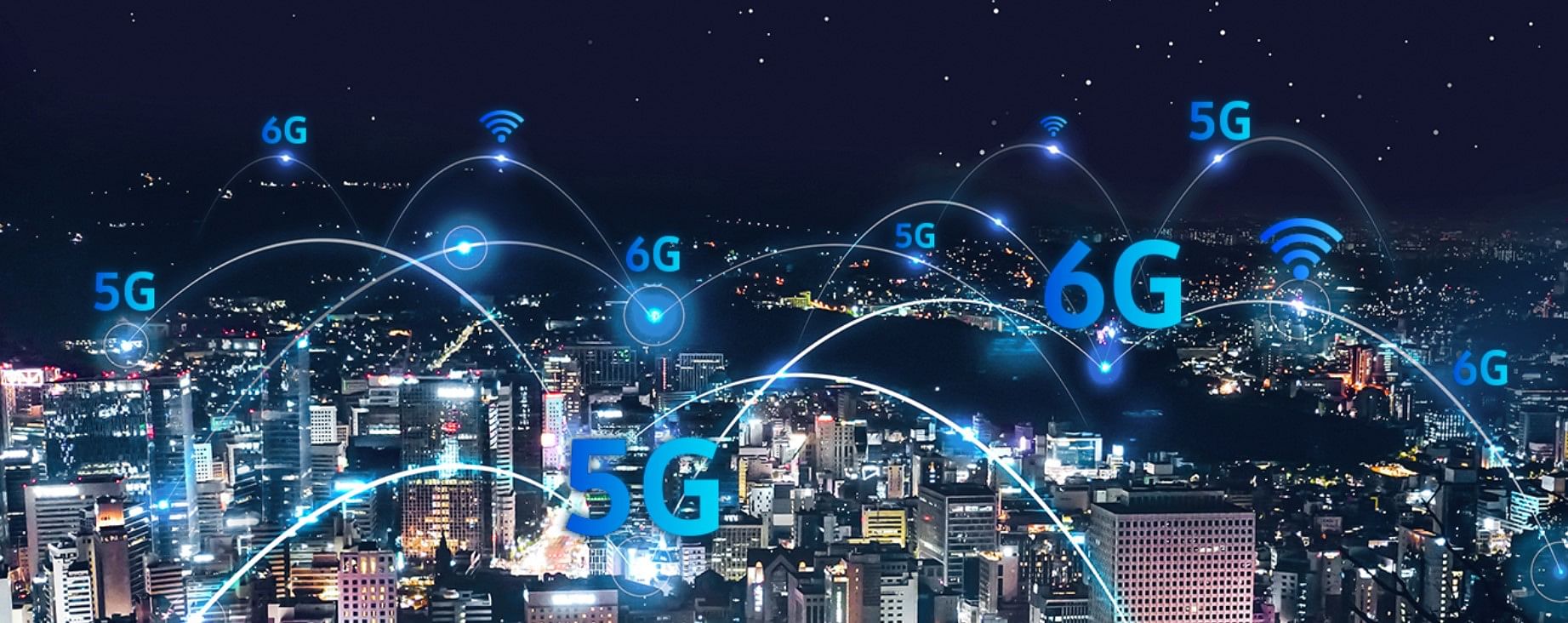
While the world is yet to fully embrace the 5G internet, Samsung has released the white paper titled-'The Next Hyper-Connected Experience for All' revealing the company's vision on next-generation 6G mobile networks.
South Korean consumer electronics major said that the commercial 6G service may take off in global markets at the end of the next decade. It can be noted that the time taken for the technical definition of 3G took 15 years and for 5G, it was eight years. Now, the International Telecommunication Union Radiocommunication (ITU-R) sector is expected to start the work to define the 6G vision from 2021.
If things go as planned, Samsung hopes completion of defining 6G technical standards and its earliest commercialisation process such as the auction of spectrums, could start at 2028. Whereas, the commencement of 6G service for consumers and enterprise may happen around 2030.
“While 5G commercialization is still in its initial stage, it’s never too early to start preparing for 6G because it typically takes around 10 years from the start of research to commercialization of a new generation of communications technology. We’ve already launched the research and development of 6G technologies by building upon the experience and ability we have accumulated from working on multiple generations of communications technology, including 5G. Going forward, we are committed to leading the standardization of 6G in collaboration with various stakeholders across industry, academia, and government fields” said Sunghyun Choi, Head of the Advanced Communications Research Center.
Samsung says, it will start the full-fledged research work on 6G in 2020 and will focus on-- performance, architecture, and trustworthiness.
The company says that the high-end devices and machines with 6G capability work on a peak data rate of 1,000 Gbps (gigabits per second) and air latency less than 100 microseconds (μs), 50 times the peak data rate and one-tenth the latency of 5G. Some of the use-cases include truly immersive extended reality (XR), high-fidelity mobile hologram and digital replica.
Architecture requirements of 6G are very crucial and it includes enhancing the processing capability of the mobile and equip it with powerful Artificial Intelligence right from the initial phase of technology development and enabling the flexible integration of new network entities.
As far as the trustworthiness is concerned, the network operator has to be well prepared to address the security and privacy issues arising from the widespread use of user data and AI technologies.
Samsung has also come up with a list of essential technologies that could be meet the requirements of 6G. It includes -- terahertz (THz) frequency band, novel antenna technologies to enhance the coverage of high-frequency band signals, advanced duplex technologies, the evolution of network topology, spectrum sharing to increase the efficiency of frequency utilization and the use of AI in wireless communications.
Get the latest news on new launches, gadget reviews, apps, cyber security, and more on personal technology only on DH Tech.
